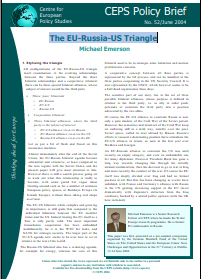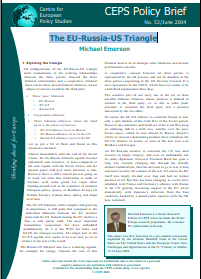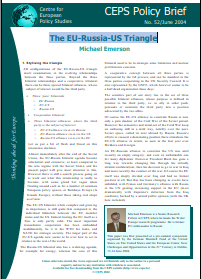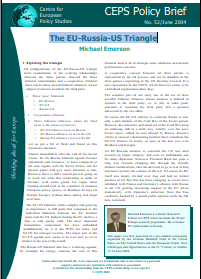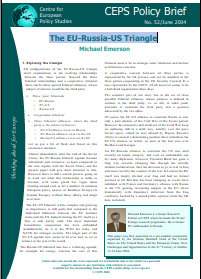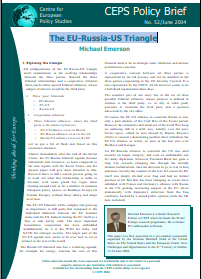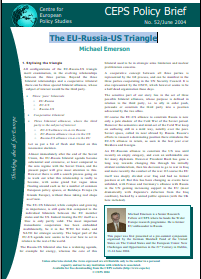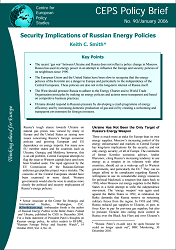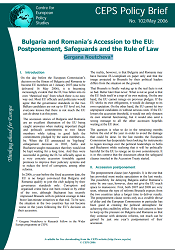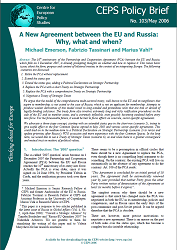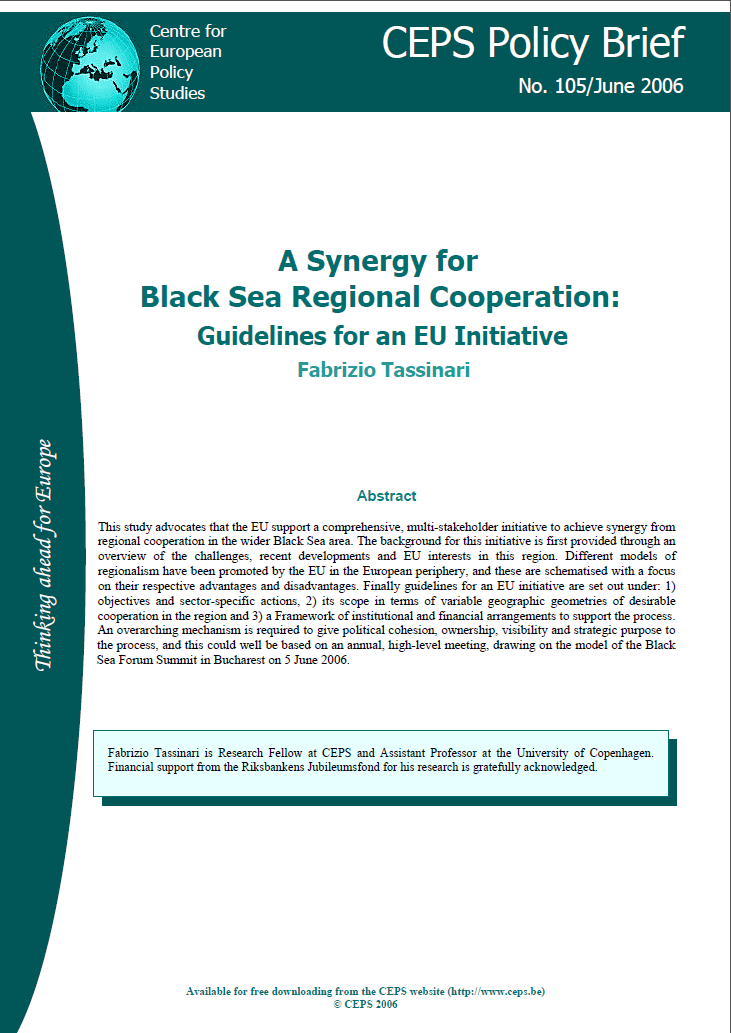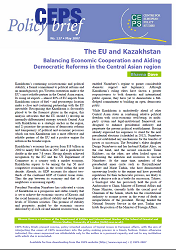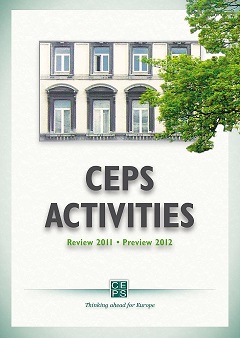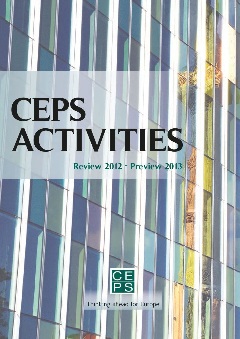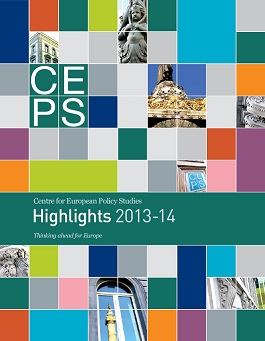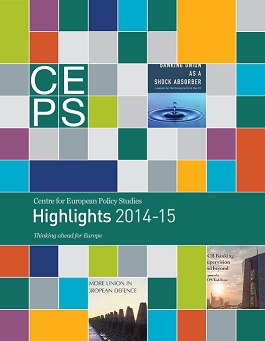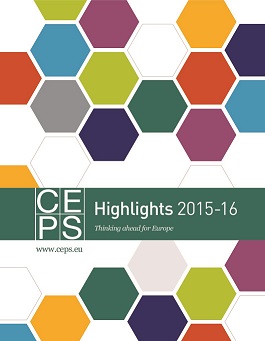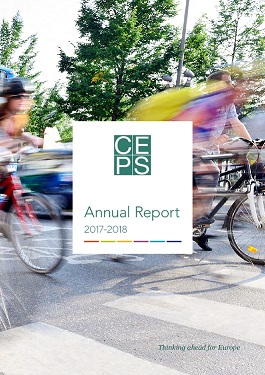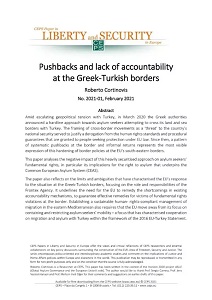№103. A New Agreement between the EU and Russia: Why, what and when?
Author(s): Michael Emerson,Fabrizio Tassinari,Marius Vahl / Language(s): English
Keywords: EU; Russia; Partnership and Cooperation Agreement (PCA);
The 10th anniversary of the Partnership and Cooperation Agreement (PCA) between the EU and Russia,which falls on 1 December 2007, is already prompting thoughts on whether and how to replace it. This raises basic issues about the form, purpose and content of bilateral treaties in the context of an integrating Europe. The following scenarios are discussed: 1. Retire the PCA without replacement 2. Extend the status quo 3. Extend the status quo, adding a Political Declaration on Strategic Partnership 4. Replace the PCA with a short Treaty on Strategic Partnership 5. Replace the PCA with a comprehensive Treaty on Strategic Partnership 6. Negotiate a Treaty of Strategic Union We argue that the model of the comprehensive multi-sectoral treaty, well known to the EU and its neighbours that aspire to membership, is not suited to the case of Russia, which is not an applicant for membership. Attempts to produce weaker derivatives of this model result in long-winded and pretentious texts that are thin or devoid of legally-binding substance. The treaty form also involves extremely long and risky ratification procedures on the side of the EU and its member states, and is extremely inflexible, even possibly becoming outdated before entry into force. For the foreseeable future, it would be best to focus efforts on concrete, sector-specific agreements. We advocate a three-stage concept, starting with an extended status quo in the short-run (scenario 2), trying to give useful effect to the four Common Spaces agreed in May 2005 and various sector-specific agreements. This could lead on in the medium-term to a Political Declaration on Strategic Partnership (scenario 3) to revise and update priorities after Russia’s WTO accession and more experience with the four Common Spaces. In the long term, we would like to see a Treaty of Strategic Union (scenario 6), as and when there is a greater convergence and mutual trust on matters of political values.
More...
